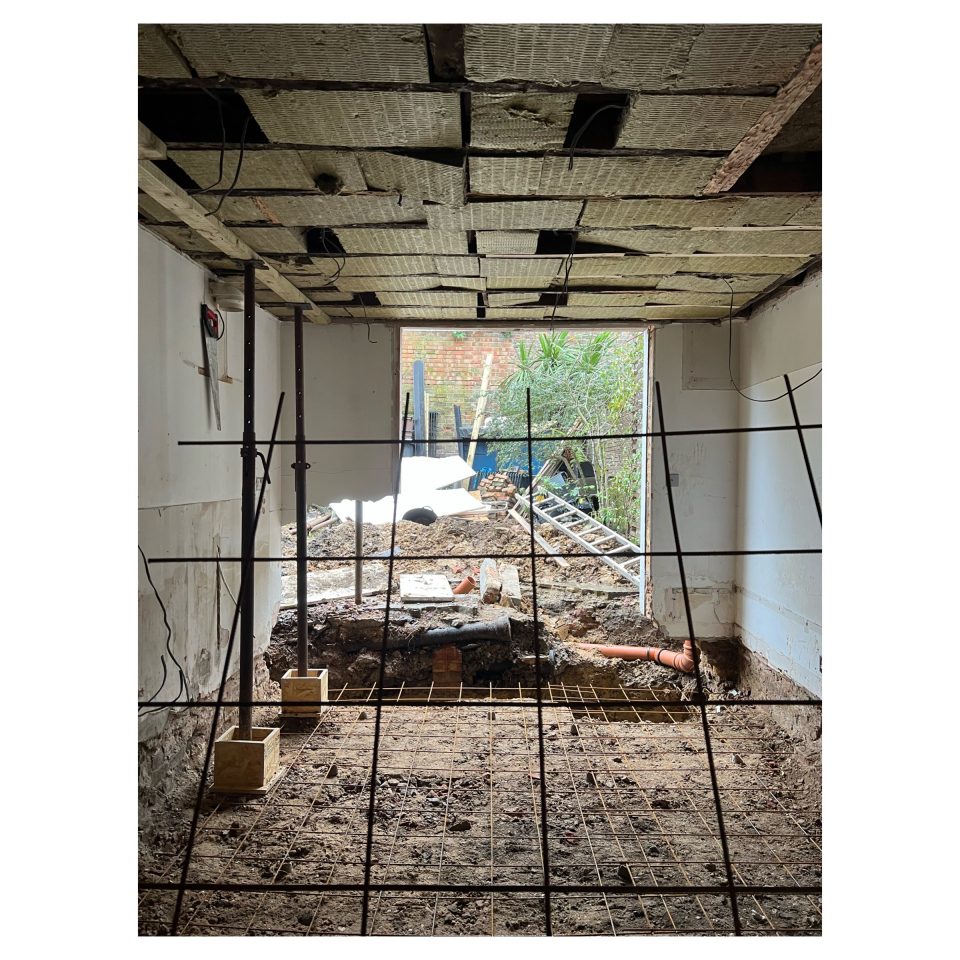Should I Hire Subcontractors Directly, To Finish A Project?

Hiring subcontractors to finish a home extension project after a main contractor has completed the first fix stage can be a viable option for homeowners who are looking to save money and have more control over the project. However, it is important to weigh the potential benefits against the risks and challenges involved. In this article, we will explore the pros and cons of hiring subcontractors to complete a home extension project.
Pros of Hiring Subcontractors:
- Cost Savings: Hiring subcontractors directly can be a way to save money on a home extension project, as you will be able to bypass the overhead costs associated with a main contractor. By hiring subcontractors for specific tasks, you can negotiate better rates and only pay for the services you need.
- Increased Control: By hiring subcontractors directly, you will have more control over the project, as you will be working with the subcontractors directly. This can be especially helpful if you have a specific vision for your home extension and want to ensure that it is executed to your standards.
- Tailored Services: Hiring subcontractors allows you to handpick the professionals you want to work with, which can ensure that you get the services you need to complete your project. This is especially helpful if you have specific requirements or are looking for specific skills or expertise.
Cons of Hiring Subcontractors:
- Knowledge and Expertise: Hiring and managing subcontractors requires a certain level of knowledge and expertise in the construction industry. You will need to have a good understanding of the scope of work, building codes and regulations, and the market rates for labor and materials.
- Time Commitment: Hiring and managing subcontractors can be time-consuming, as you will need to handle the procurement, scheduling, and coordination of the work. This can take away from other aspects of the project, and may add additional stress to the homeowner.
- Quality of Work: Ensuring that the subcontractors you hire produce quality work is critical, as any mistakes or defects could impact the overall quality of the project. You will need to thoroughly vet the subcontractors and monitor their work closely.
- Responsibility for Delays and Mistakes: As the homeowner, you will be responsible for any delays or mistakes made by the subcontractors. This can be challenging, as you may need to coordinate with multiple subcontractors, each with their own schedule and priorities.
- Liability and Insurance: When working with subcontractors, it is important to understand your responsibilities and obligations in terms of liability and insurance. You will need to ensure that the subcontractors have proper insurance coverage and that you are not held responsible for any accidents or damages that may occur during the project.
- Increased Risk: Hiring and managing subcontractors yourself increases the risk of the project, as you will be responsible for overseeing the work and ensuring that it is completed to a high standard. If something goes wrong, you may need to find and hire another subcontractor to correct the issue, adding additional costs and time to the project.
In conclusion, hiring subcontractors to finish a home extension project after a main contractor has completed the first fix stage can be a viable option for homeowners looking to save money and have more control over the project. However, it is important to weigh the potential benefits against the risks and challenges involved, and to carefully consider all the factors involved before making a decision. In many cases, it may be more cost-effective and less stressful to work with a main contractor, who can handle all aspects of the project and provide quality assurance.
Ultimately, the decision to hire subcontractors to complete a home extension project will depend on the specific needs and goals of the homeowner




